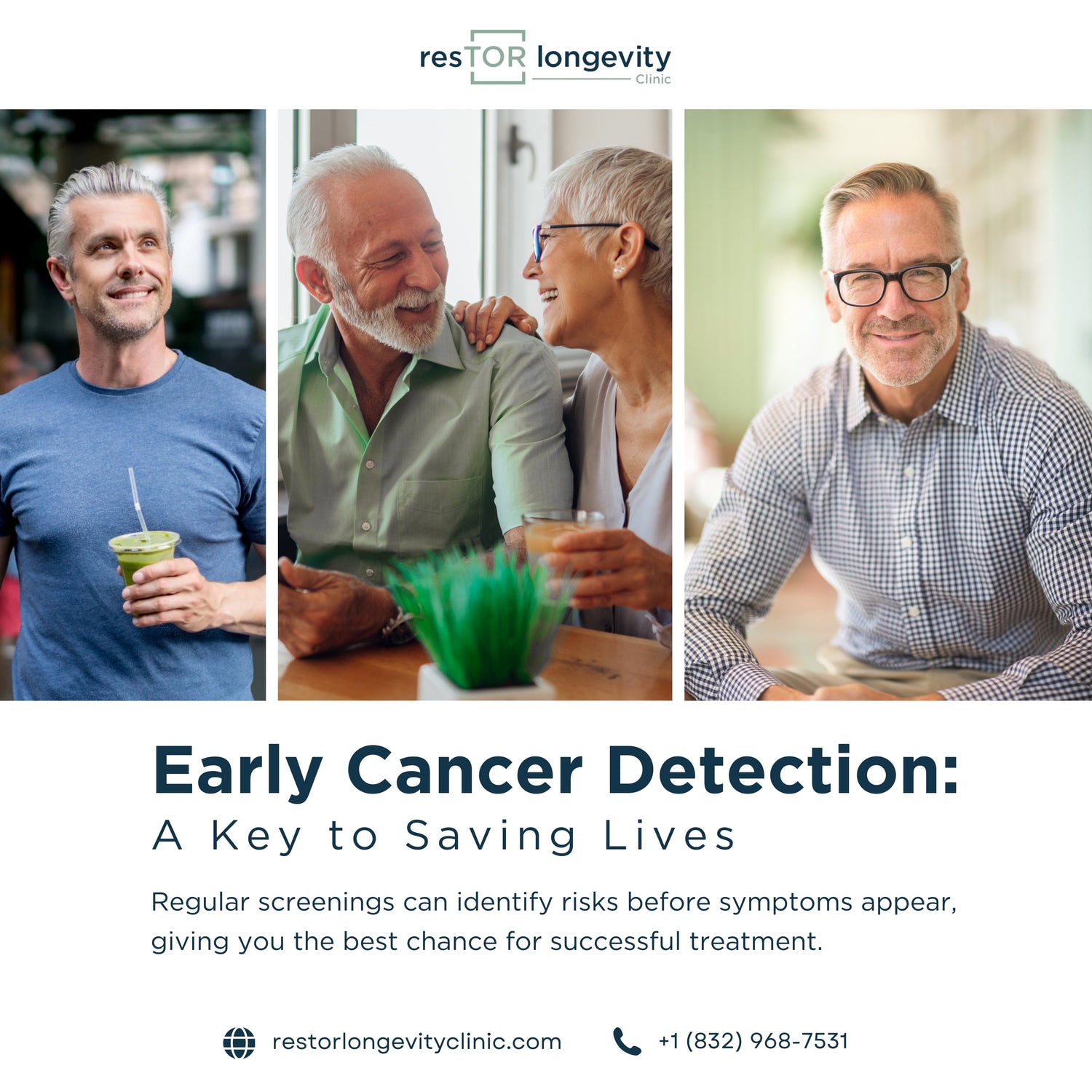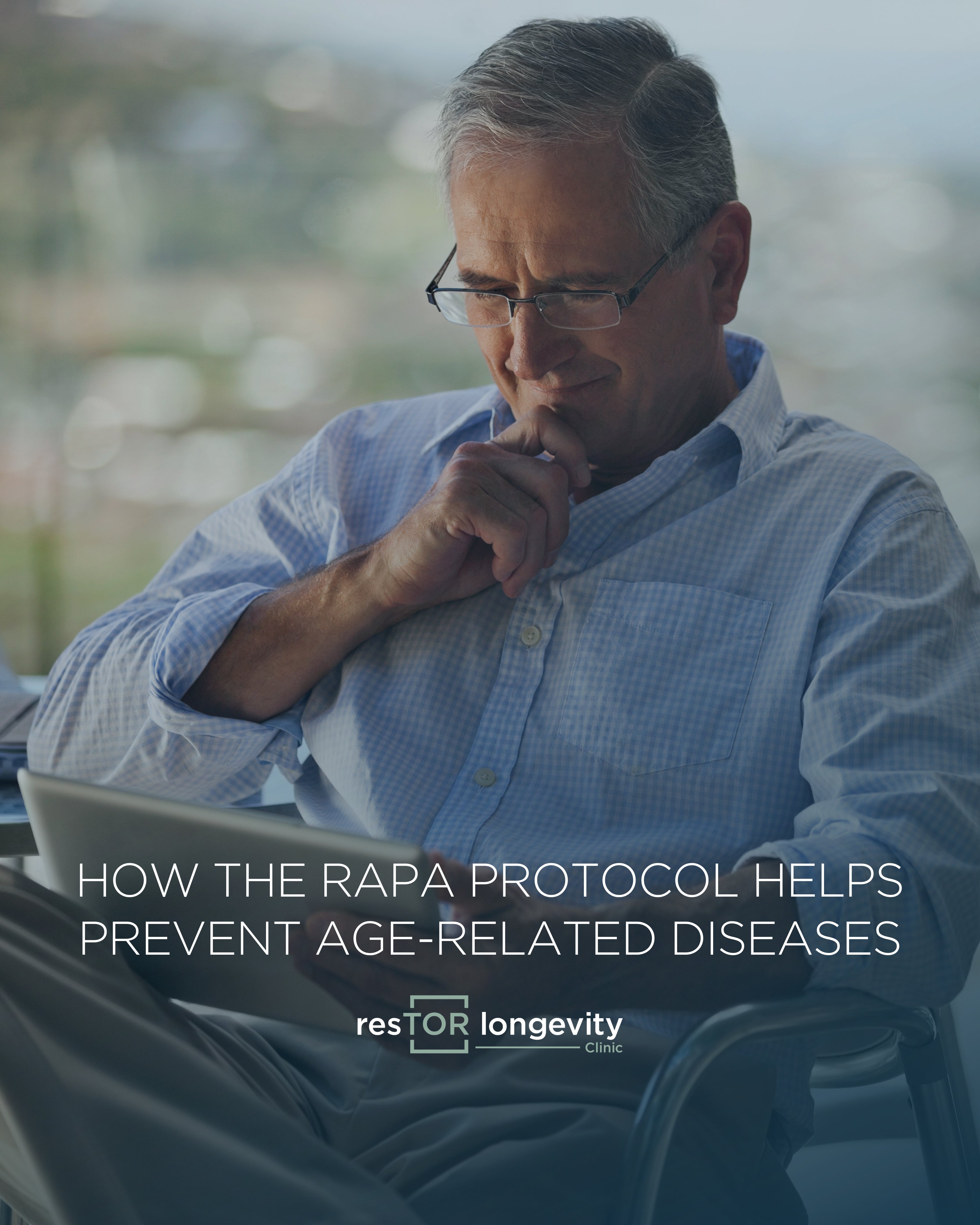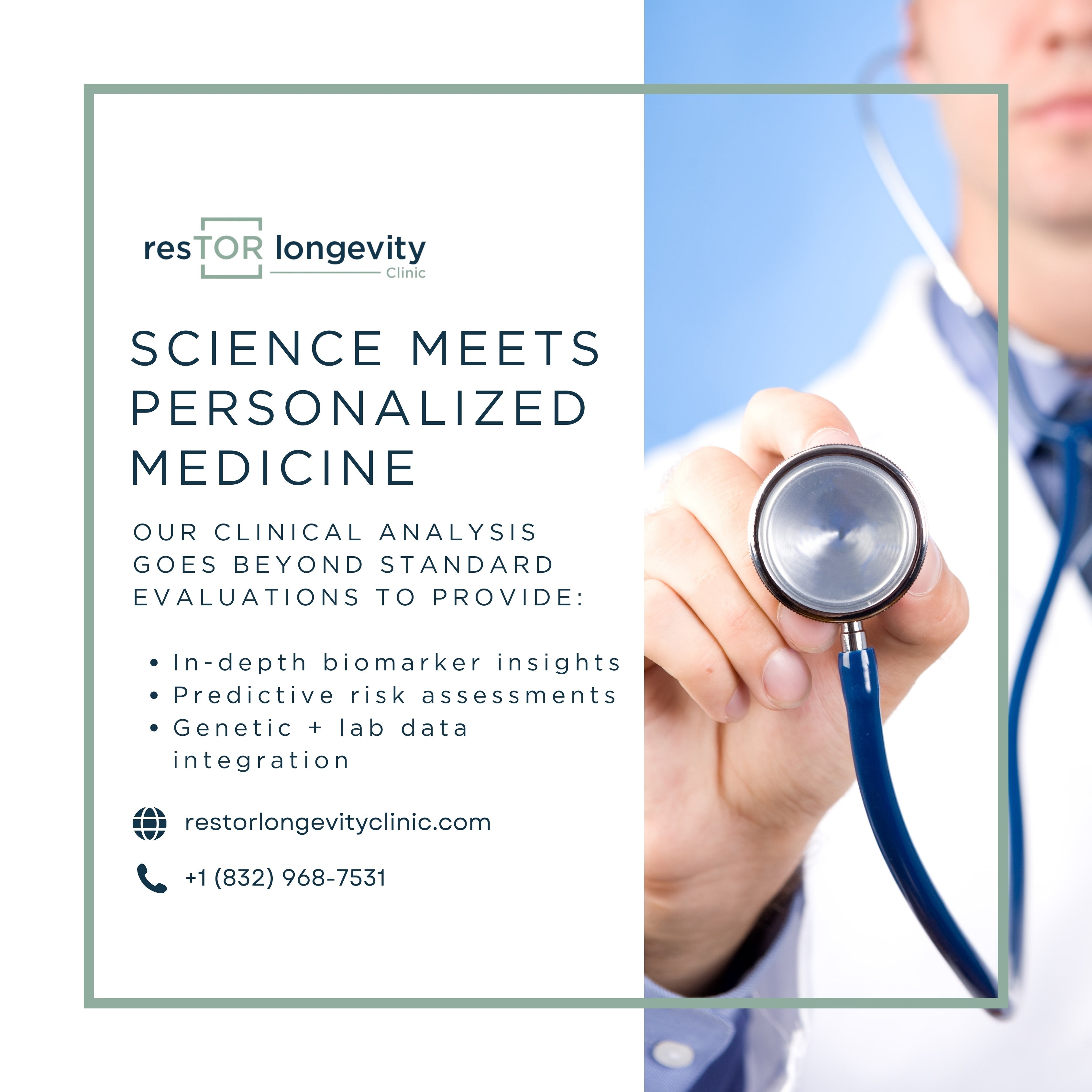Did you know that early detection of cancer can dramatically increase the survival rate? The reality is that many people wait until symptoms are glaring before seeking medical advice—by which time treatment options can become limited and outcomes more dire. At resTOR Longevity Clinic, we advocate for routine screenings and proactive health measures that can save lives. In this detailed guide, we'll explore the critical role that early cancer detection plays in effective treatment, the importance of regular health screenings, and how you can take charge of your health for a longer, healthier life.
Understanding Cancer and Its Early Stages
Cancer is a group of diseases characterized by the uncontrolled growth of abnormal cells in the body. Early detection significantly increases the chances of effective treatment. Typically, cancers develop over time, and if caught in their nascent stages, may be treated more effectively. Common early warning signs might be subtle, such as unexplained weight loss, fatigue, or unusual changes in your body. Understanding these signs could be the difference between life and death.
The Statistics Speak Volumes
Statistics from the American Cancer Society indicate that more than 1.7 million new cases were diagnosed in 2019, with nearly 600,000 deaths resulting from cancer. However, when detected early, the risk of dying from cancer drops dramatically. For example, breast cancer has a five-year relative survival rate of about 97% if detected early. Early screenings can lead to timely interventions, drastically improving health outcomes.
The Significance of Routine Health Screenings
Routine health screenings, including advanced blood panels and hormone testing, are key components that can help identify health issues long before they become severe. Regular screenings help detect abnormalities in a patient’s health and allow for the creation of personalized health plans tailored to their individual risks and needs. This proactive approach aids in the identification of potential cancers before they progress, ensuring a better prognosis.
Types of Screenings
1. Blood Tests: Advanced blood panels assess various markers that might suggest the presence of cancer or other health risks.
2. Imaging Tests: These include mammograms, CT scans, and MRIs that can detect abnormalities in the body.
3. Endoscopies: Used to look at the internal organs; they can help find cancers within the digestive system or other areas.
4. Genetic Testing: For those with a family history of cancer, understanding genetic risks can be crucial in prevention and early detection.
The Role of Lifestyle Choices in Detection
Your lifestyle can significantly impact not only your likelihood of developing cancer but also your ability to catch it early. Factors such as smoking, diet, exercise, and alcohol consumption all play a role. Developing healthy habits such as a balanced diet, regular physical activity, and avoiding tobacco can reduce your risk of cancer. Moreover, being aware of your body and knowing what to look for can help you detect early warning signs sooner, enabling you to seek medical help promptly.
Tech Innovations in Early Detection
In recent years, technology has played a monumental role in advancing cancer detection methods. From AI-enhanced imaging technologies that identify tumors to blood tests that can detect cancer cells, these innovations are game changers in the medical field. Furthermore, virtual care and specialist coordination allow patients to access necessary care quickly and efficiently without unnecessary delays.
Breaking the Stigma Around Screenings
Despite the evident benefits of early cancer detection, many individuals still hesitate to undergo screenings due to fear, misconceptions, or lack of awareness about their importance. Educating the public about the simplicity and effectiveness of screenings can mitigate these fears. Sometimes, just a conversation about the importance of prevention can ease anxiety and encourage proactive health measures.
Personalized Health Plans at resTOR Longevity Clinic
At resTOR Longevity Clinic, we create personalized health plans informed by thorough screenings and testing. Our board-certified physicians collaborate with you to develop a plan that not only focuses on early detection but also promotes long-term health. These personalized approaches empower individuals to manage their health actively.
Cognitive Testing: A Valuable Part of Monitoring Health
Cognitive health is often overlooked in early cancer detection, but it's vital. Cognitive testing can help identify early signs of cognitive decline, which sometimes correlates with specific cancer types. Patients must be aware of how their cognitive health intertwines with overall wellness, helping them stay informed on multiple fronts.
Knowing When to Seek Help
Understanding when to consult a physician is crucial in the fight against cancer. Don’t wait for symptoms to become severe; regular check-ups help track your health journey effectively. It is essential to prioritize early detection methods, stay educated, and act on your worries rather than dismissing them.
Taking Control of Your Health
Empowering yourself to take control of your health is the first step toward a longer life. Keep updated on your health, seek guidance when necessary, and understand that early detection is your ally in the battle against cancer. Knowledge is power, and staying informed about cancer symptoms and screenings can put you in charge of your health and well-being.
Conclusion: So, Now What?
Early cancer detection is not merely a choice; it is a necessity. As we heighten awareness around the importance of regular screenings and monitoring health changes, we become our best advocates in managing our future. By prioritizing preventive measures and scheduling screenings routinely, we can catch potential health risks early when they are most treatable. Don’t wait—schedule your screening today and take the first step toward a healthier, longer life.



